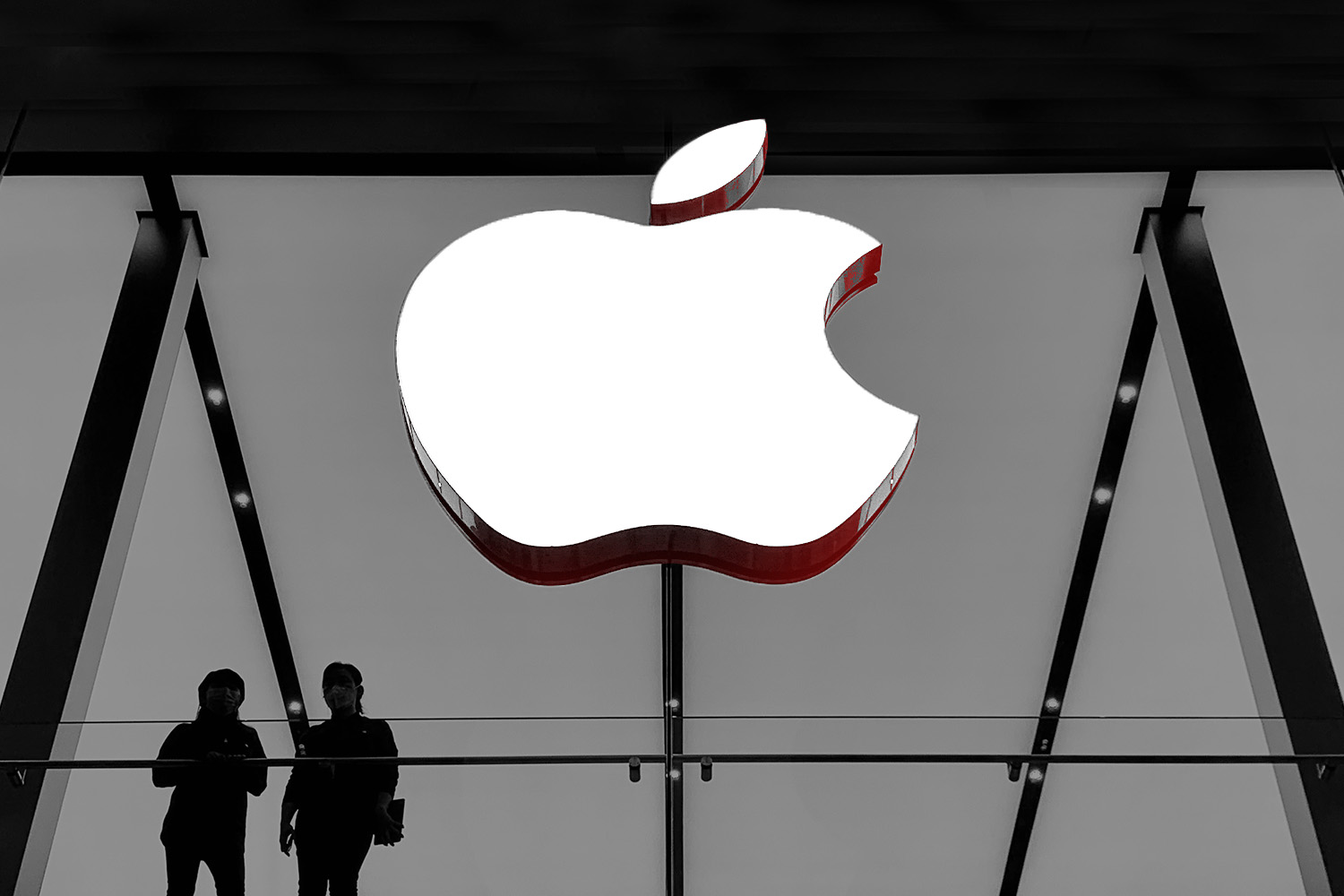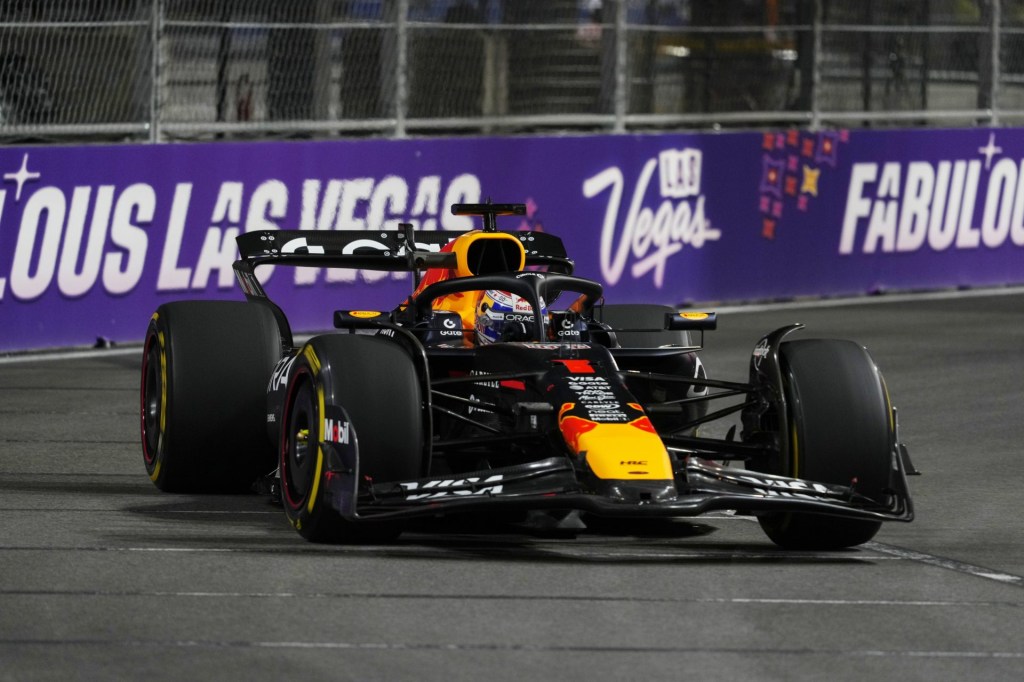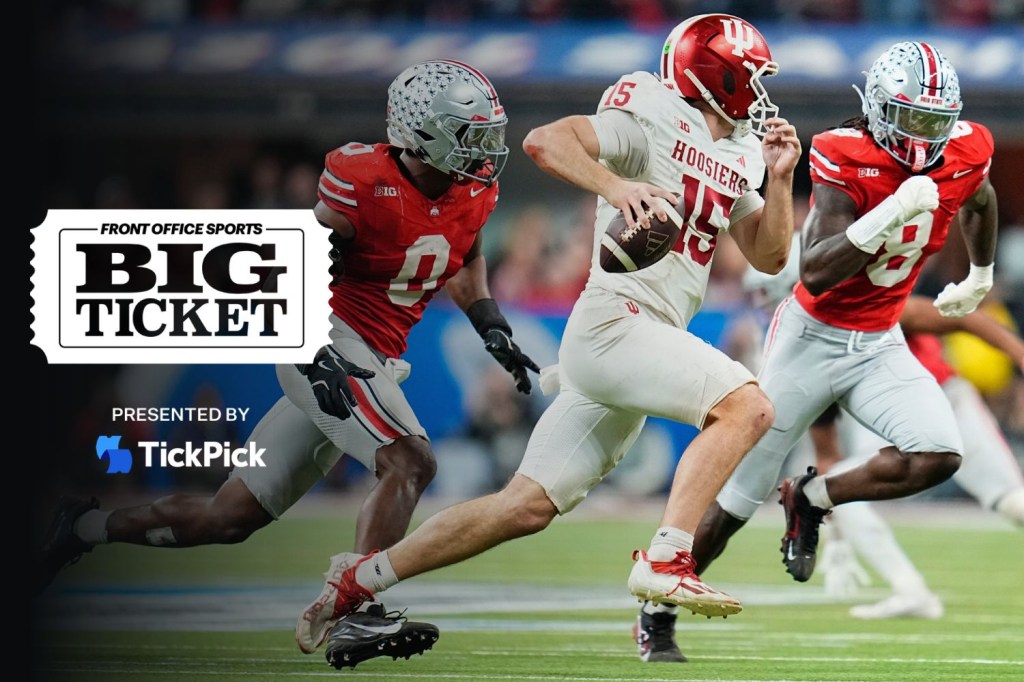The Epic Games v. Apple verdict is in, and the company with the world’s largest market cap will have to make changes to how they do business.
Judge Yvonne Gonzalez Rogers ruled that while the court cannot determine if it represents a monopoly in the digital mobile gaming transactions market, Apple is engaging in anti-competitive behavior under California law.
The result? Apple is “permanently restrained and enjoined” from blocking developers’ attempts to direct users to external links, stores, and payment systems.
While Epic wasn’t able to prove its core claim that Apple holds a monopoly, it got what it ultimately wanted: It can now direct players of “Fortnite” and other games to its own software environment for in-app purchases, thus avoiding Apple’s 30% developer fee.
The court, which valued the mobile gaming market at $100 billion, provided insights into the Apple App Store that the company has been reluctant to share.
- Gaming apps account for about 70% of App Store revenue — and the store, Judge Gonzalez Rogers wrote, earns “extraordinarily high profit margins.”
- App Store spending is lopsided: 80% of its users generate virtually no revenue. The gamers generating 70% of store revenue represent less than 10% of all App Store consumers.
- Apple holds around 55% of app store market share, which, the judge determined, does not itself constitute antitrust: “Success is not illegal.”
However, Judge Gonzalez Rogers concluded that Apple’s “anti-steering provisions hide critical information from consumers and illegally stifle consumer choice … a nationwide remedy to eliminate those provisions is warranted.”

















